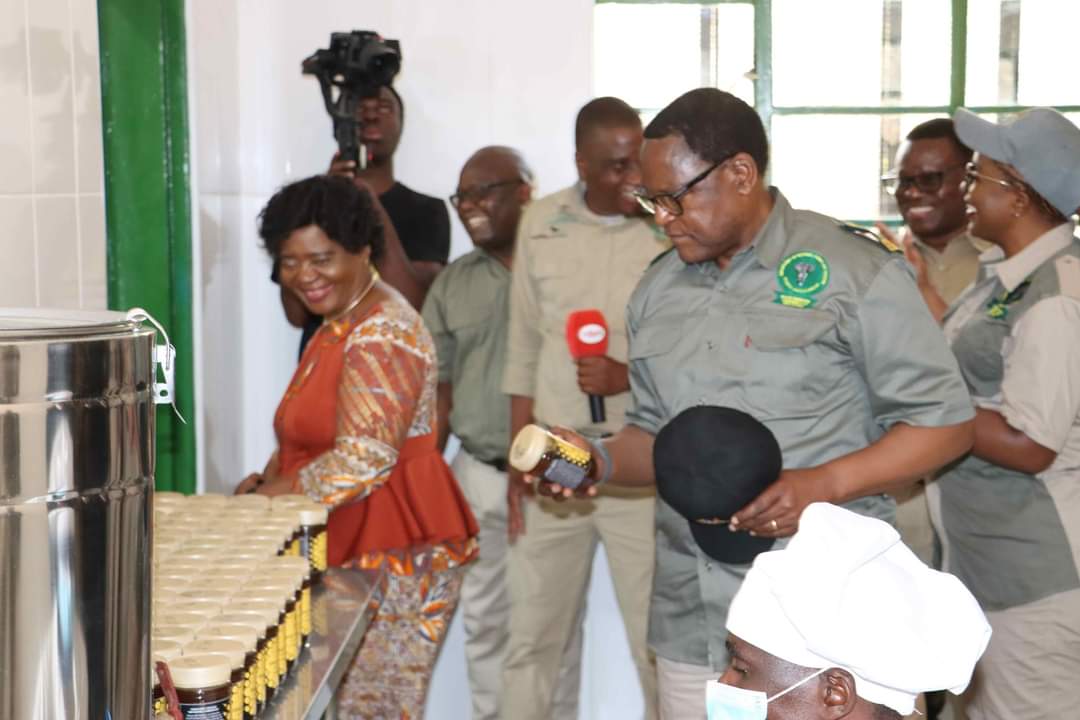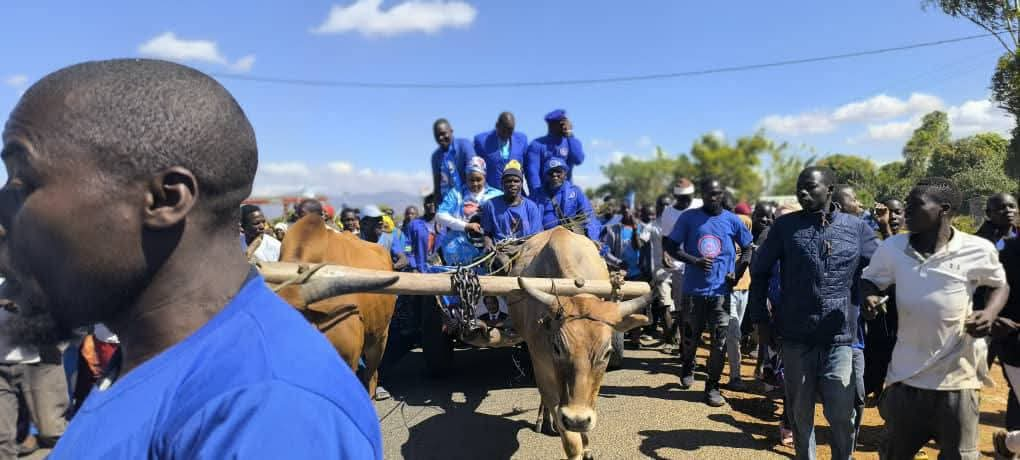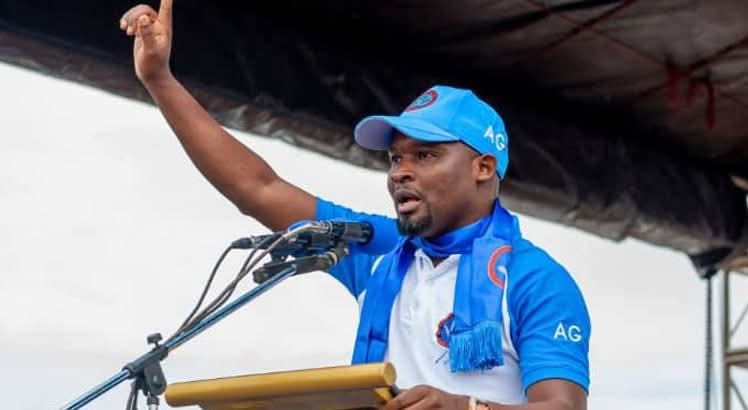By Burnett Munthali
Malawi’s 2025 elections promise to be a watershed moment, with the potential to redefine the nation’s political trajectory. One critical question dominates the discourse: will the Democratic Progressive Party (DPP), Malawi Congress Party (MCP), and United Transformation Movement (UTM) maintain their alliance-driven strategies or dare to compete as individual parties? Should they choose to go solo, the ramifications for Malawi’s political future could be monumental.
DPP: A revival in the making
For the DPP, going it alone in 2025 could serve as a powerful statement of reinvention. Once riddled with internal conflicts and leadership struggles, the party has emerged stronger, purging elements that weakened its cohesion. United under clear leadership, the DPP is leveraging its grassroots support in the Southern Region, a loyal base that remains disgruntled with the MCP-led government’s missteps.
The party seems to have learned from its past mistakes. Now, it is presenting itself as more focused and determined to address the issues that matter most to Malawians. Recent whistle-stop tours have energized its supporters and demonstrated its enduring relevance as a formidable force in Malawi’s political landscape.
MCP: The weight of leadership
As the ruling party, the MCP faces the steep challenge of convincing Malawians that it deserves a renewed mandate. Criticism over unfulfilled promises, economic stagnation, and governance failures has tarnished its reputation. While its dominance in the Central Region remains strong, the party’s broader appeal is waning, with growing dissatisfaction among urban and rural populations alike.
The MCP has the daunting task of delivering tangible solutions to Malawi’s economic woes while addressing allegations of poor governance. A standalone campaign could force the party to confront these issues head-on, but it must also counter the perception that it has fallen short of its 2020 promises of transformative leadership.
UTM: Fighting for relevance
For the UTM, the stakes couldn’t be higher. With the tragic loss of its leader, Dr. Saulos Chilima, in 2024, the party faces an identity crisis. Chilima’s reformist vision and urban appeal were the backbone of UTM’s popularity. Without him, the party struggles to define its purpose and retain its support base.
If the UTM contests alone, it must rebuild from the ground up, crafting a strategy that extends beyond urban strongholds. Without a compelling vision and strong leadership, the UTM risks becoming a minor player in the political arena, unable to compete effectively with the DPP and MCP.
The danger of fragmentation
A solo contest by these three parties could result in vote-splitting, especially among opposition supporters, which might inadvertently benefit smaller, less prominent parties. This fragmentation could lead to a fractured government or force the elections into a runoff, with no single party achieving a decisive mandate.
Additionally, the absence of alliances may exacerbate political instability, as the winner—whether DPP, MCP, or UTM—would face significant challenges in forming a cohesive administration capable of tackling Malawi’s pressing socio-economic issues.
A voter’s dilemma
For the electorate, individual contests by the three major parties could offer clarity. Without the compromises of coalition politics, each party would need to articulate its vision and policy priorities distinctly. This could lead to a more informed electorate and an issue-driven campaign.
However, this scenario might marginalize smaller parties and independents, reinforcing the dominance of the “big three” and potentially limiting voter choice.
Conclusion
Should the DPP, MCP, and UTM contest as individual parties in 2025, the elections will reveal their adaptability and resilience in a changing political climate. For the DPP, it is a moment to capitalize on its renewed unity and reconnect with its base. For the MCP, it is a test of its ability to deliver on promises and regain public trust. For the UTM, it is a fight for survival and relevance.
Ultimately, the decision to compete independently will not only shape the electoral outcome but also chart the course for Malawi’s democracy. Whether this path fosters accountability or deepens divisions remains to be seen.
Burnett Munthali is a political analyst and writer for the Maravi Post .



